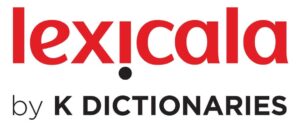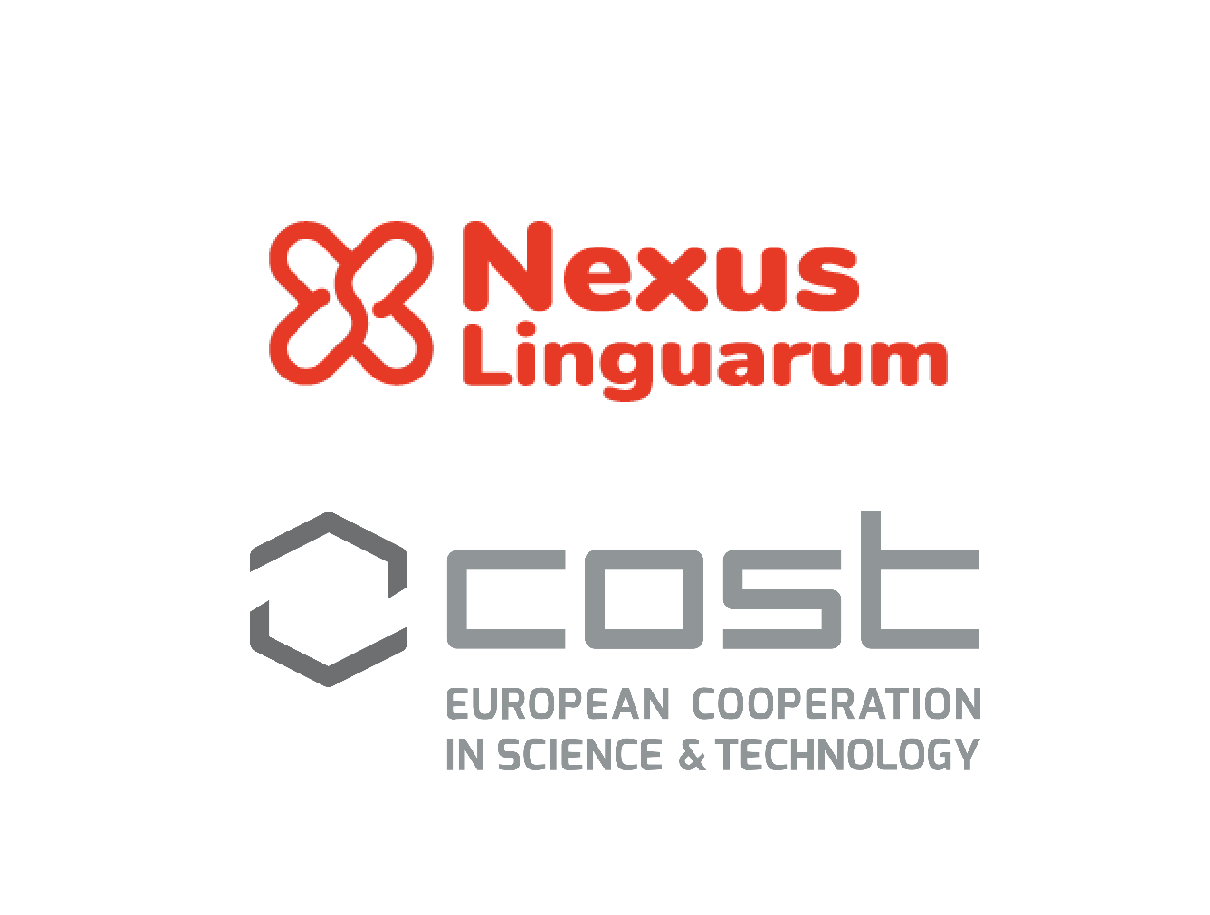Linking Lexicographic and Language Learning Resources (4LR)
Workhsop at LDK 2023
Introduction
The Workshop Linking Lexicographic and Language Learning Resources (4LR) will be held in conjunction with LDK 2023 – 4th conference on Language, Data and Knowledge – at the University of Vienna, Austria, on September 13, in hybrid mode.
The aim of this workshop is to explore linguistic linked (open) data and knowledge management methods and technologies for linking lexicographic and language learning resources, tools and applications in general and dictionaries and CEFR lists in particular.
Our starting point is, on the one hand, enhancing CEFR-graded language proficiency lists with lexicographic content and, on the other hand, incorporating CEFR labels in learner’s dictionaries. CEFR – the Common European Framework of Reference for Languages – is a generally established international standard for describing language proficiency, and CEFR-graded resources have been developed for many languages in Europe.
However, incorporating their information is still not a common practice in modern lexicography for most languages, except for notably two English dictionaries for advanced learners (Cambridge and Oxford).
There are substantial unsolved issues, such as inconsistencies in vocabulary size per level between languages; no, or limited, sense disambiguation in CEFR resources; words from a higher CEFR level in definitions and example sentences.
Moreover, there has been limited collaboration and interoperability so far among the related fields of lexicography, language acquisition, and linguistic linked data, whether regarding research, development, or practical application.
This workshop is supported by the NexusLinguarum COST Action CA18209 – European network for Web-centred linguistic data science.
Topics
4LR will feature an overview by the organizers as well as an invited talk by Jorge Gracia from University of Zaragoza and chair of NexusLinguarum COST Action CA18209 – European network for Web-centred linguistic data science.
In addition, we invite submissions for papers (20 minutes, plus discussion) on the following topics:
• Linking lexicographic content to CEFR-graded vocabularies
• Pedagogical lexicography and knowledge graphs
• Attributing CEFR labels in learner’s dictionaries
• Incorporating vocabulary and grammar profiles in lexicographic resources
• Creating and linking crosslingual concept-based CEFR resources
• Multilingual knowledge management and language learning applications and tools
Submission and Dates
Please submit your abstract including 300-500 words via EasyChair.
The authors of accepted abstracts will be invited to submit a full paper for the LDK 2023 proceedings but this is not obligatory for workshop participation.
Accepted paper submissions will be published by ACL in an open-access conference proceedings volume, free of charge for authors.
Full papers can either be short papers (4-6 pages) or long papers (9–12 pages). The submission lengths include references. The ACL templates should be used for paper submissions.
As the reviewing process is single-blind, submissions should not be anonymised.
19 May 2023 Deadline for abstract submission
23 May 2023 Notification of abstract acceptance
16 June 2023 Deadline for full paper submission
27 June 2023 Notification of full paper acceptance
6 July 2023 Deadline for camera-ready paper submission
13 Sep. 2023 4LR workshop
14–15 Sep. 2023 LDK 2023 conference
Program
| 9:00-9:30 | Introduction |
| 9:10-9:50 | Invited Talk |
| Jorge Gracia del Río. Linked Data for Lexicographic Resources | |
| 9:50-10:30 | Session 1 |
| 9:50 | Rocio Cuberos Vicente and Barbara De Cock. Towards a Graded Lexical Inventory in L2 Spanish: Insights from Productive Vocabulary Knowledge |
| 10:10 | Kohei Takebayashi and Yukio Tono. Unlocking the Complexity of English Phrasal Verbs and Polysemes: An Analysis of Semantic Relations Using A-Level Vocabulary Items |
| 10:30-11:02 | Session 2 – Short Presentations |
| 10:30 | Elisa Gugliotta, Michele Mallia and Livia Panascì. Towards a Unified Digital Resource for Tunisian Arabic Lexicography |
| 10:38 | Udiluz del Carmen Monsalve Muñoz, Johnatan E. Bonilla and Ruth Yanira Rubio López. LEXICC. Digitizing Colombian Linguistic Heritage: Design, Development, and Application of an Online Dictionary Management Platform |
| 10:46 | Jacob Collard, Valeria de Paiva and Eswaran Subrahmanian. Parmesan: Mathematical Concept Extraction for Education |
| 10:54 | Hugh Paterson, Bret Mulligan, Anna Lacy and Patricia Guardiola. Bridging Corpora: Creating Learner Pathways Across Texts |
| 11:02-11:30 | Coffee Break |
| 11:30-12:30 | Session 3 |
| 11:30 | Rocío Cuberos Vicente, Elisa Rosado Villegas and Iban Mañas Navarrete. Distribution of Multiword Combinations Across CEFR Levels in L2 Spanish |
| 11:50 | Danko Sipka. CEFR Scale Based Lexical Selection and Lexicographic Treatment: A Case Study |
| 12:10 | Robert Lew and Sascha Wolfer. CEFR Vocabulary Level as a Predictor of User Interest in English Wiktionary Entries |
| 12:30-13:00 | 4LR Organizers’ Highlights and Open Discussion |
Organizers and Contact
Kris Heylen. Dutch Language Institute (kris DOT heylen AT ivdnt DOT org)
Jelena Kallas. Institute of the Estonian Language
Ilan Kernerman. Lexicala by K Dictionaries
Carole Tiberius. Dutch Language Institute
The 4LR Workshop at LDK 2023 follows a related workshop Lexicography and CEFR: Linking Lexicographic Resources and Language Proficiency Levels, which will be held in conjunction with eLex 2023 on June 29 in Brno, Czech Republic. Submissions are closed, but registration for online participation (free of charge) is open.



